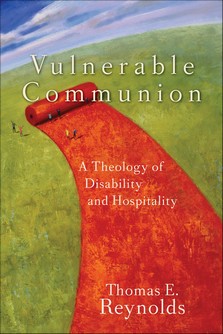
Did Jesus get ashed on Ash Wednesday? Um. Nope. Duh…
This day in the Christian calendar has marked the beginning of the season of Lent for way over a thousand years. But, yes, it can be “observed” even if we don’t show the signs of charcoal. But, why bother? It’s pagan, right? It’s not in the Bible, right? It’s just kooky works-righteousness thing, right?
Well, here’s the thing. Let’s think about this. If something is not in the Bible does that mean it’s rendered useless and meaningless from Christian devotional practices? I doubt it. From the beginning God used known culture practices to help his people remember things in a physical/visible way that were connected with the the invisible Reality of him. Have you heard of circumcision? Of (Israelite) cleansing before temple participation? How about Baptism? Well, then you see what I mean.
Do you ever celebrate Christmas or Easter? Then, you’ve enacted what I mean.
Pagan Egypt (used for God’s purposes)
Nationally, Egyptian cultic practices were incorporated with the Israelite’s life of worship of the One True God. The Egyptian priestly practices, in particular, were employed. (Israel was a KINGDOM of priests. Quite an upgrade from slave status, right?)
God wasn’t threatened by the use of Egyptian priestly rites and rituals, the Israelites were familiar with, to help them remember and worship the Living God. On the contrary, God encouraged it. God commanded it. Similar sorts of things can help us today as well.
Still, we mustn’t ever forget–It’s not about the intricacies of the ritual itself, it’s about the condition of one’s heart. We can avoid false religion when we ask ourselves, “Does this practice draw me into relationship with the Living God?” If it does, keep it. If not, scrap it. You might want to read that again. It could be life-changing.
Just for you. A LENTEN SPIRITUAL EXERCISE:
Challenge yourself, by asking God to reveal himself to you, to minister to you, and to awaken you in a new way in the days leading to Easter. What might God want you to look at more closely? What might God wish to make more like him in your life?
This could be very personal, and private, but I encourage you to share what findings you’d like to. It will help all of us journey together through this time of Lent, toward the great joy we celebrate on Resurrection Sunday! (a.k.a. Easter)
Thank you for coming here today! Blessing this holiday season.
-Lisa




